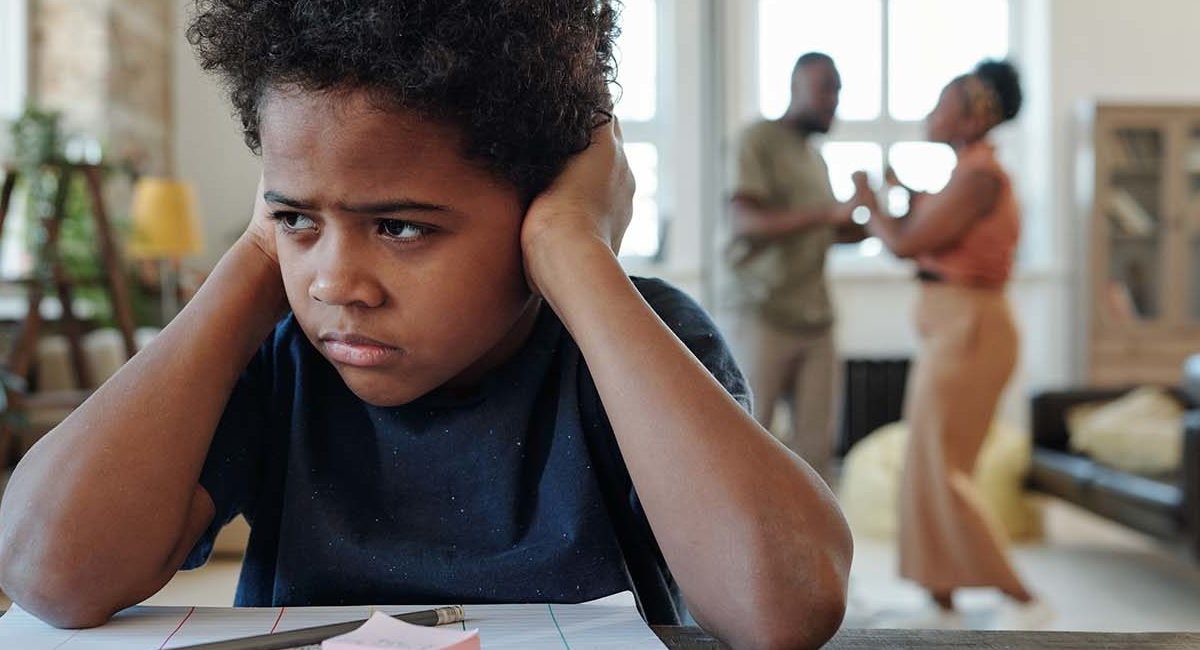The Silent Wound: How Domestic Violence in Childhood Affects Self-Esteem in Adulthood
When we talk about domestic violence, the focus is often on the adults involved. But what about the children who live behind those closed doors, witnessing violence, fear, and chaos every day? Even when they aren’t physically harmed, children who grow up in violent homes carry invisible scars—scars that often show up years later as anxiety, relationship struggles, or a deep sense of unworthiness.
This article explores how domestic violence during childhood leaves lasting emotional impacts, especially on a child’s developing self-esteem.
When Home Isn’t a Safe Place
Home should be the one place where a child feels protected, loved, and valued. Unfortunately, for children raised in violent households, home becomes a source of fear and instability.
Domestic violence in this context can include physical abuse, verbal insults, emotional manipulation, and even threats or intimidation between adults. Children don’t need to be directly hit to be traumatized; simply witnessing the violence is enough to cause psychological harm. They may see a parent being hurt, hear shouting and breaking furniture, or feel the emotional tension that fills the house even in silence.
Emotional Consequences of Growing Up with Violence
The constant exposure to fear and unpredictability can interfere with a child’s emotional development. Many become hyper-alert, always scanning for signs of danger—a survival mechanism that keeps them on edge even in safe environments. Others may withdraw, become numb, or lash out in anger.
Sleep problems, low academic performance, anxiety, and unexplained physical complaints (like stomachaches or headaches) are common in children living in such homes. As they grow into teens, this unresolved trauma may surface as depression, risky behaviors, or an inability to form close friendships.
How Childhood Violence Erodes Self-Esteem
One of the most heartbreaking effects of domestic violence is its quiet destruction of a child’s self-worth. Children internalize the chaos around them. Without the ability to understand that the violence isn’t their fault, they often blame themselves. Thoughts like:
- “If I were a better kid, Dad wouldn’t get angry.”
- “Mom wouldn’t cry if I didn’t make her life harder.”
These become deeply held beliefs. Over time, they morph into toxic internal narratives:
“I’m not good enough.”
“I don’t deserve love.”
“I have to be perfect to be accepted.”
These are the silent echoes of childhood trauma that follow a person into adulthood, affecting how they view themselves and how they relate to others.
The Struggles That Show Up Later in Life
Adults who experienced domestic violence as children often have difficulty forming healthy relationships. They may:
- Struggle with trust or emotional closeness
- Over-apologize or avoid expressing needs
- Tolerate abusive or one-sided relationships
- Constantly seek validation or fear abandonment
Some unconsciously recreate the same chaotic dynamics they grew up with—either becoming the victim again or assuming the role of the abuser. Others swing the opposite way, avoiding all emotional vulnerability out of fear.
There Is a Way Forward
The good news is that healing from childhood exposure to domestic violence is not only possible—it’s powerful. The first step is acknowledging that what happened in childhood was traumatic, even if others dismissed it or said, “You were just a kid, you’ll get over it.”
Therapeutic approaches such as:
- Trauma-informed therapy
- EMDR (Eye Movement Desensitization and Reprocessing)
- Cognitive Behavioral Therapy (CBT)
- Inner child work
…can help adults process and reframe those early experiences. Joining support groups, journaling, engaging in self-compassion practices, and building safe, affirming relationships can also help restore self-esteem and emotional safety.
Final Thoughts
If you or someone you love grew up in a home marked by domestic violence, know this: your experiences were real, your pain is valid, and healing is within reach. You are not broken—you were wounded. And with time, support, and the right tools, those wounds can become part of your story—not the end of it.
Need Help?
If you’re dealing with the long-term effects of childhood trauma, consider speaking with a trauma-informed therapist or counselor. Healing starts with one step—and you don’t have to take it alone.

Leave a Comment